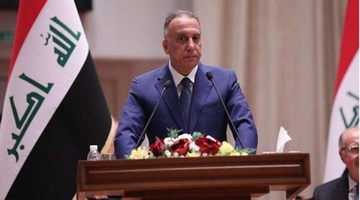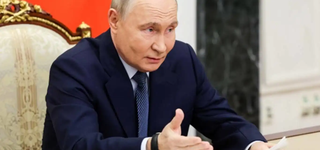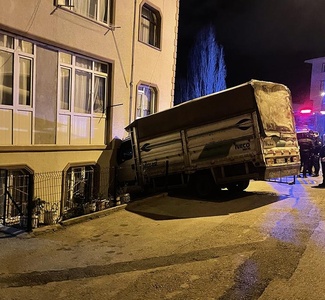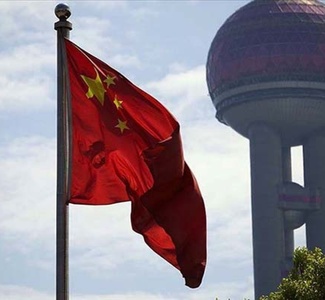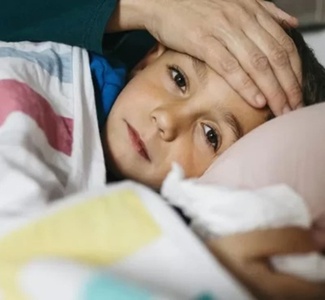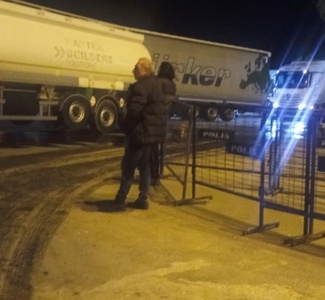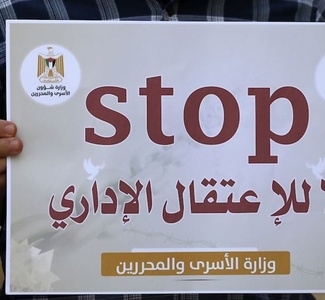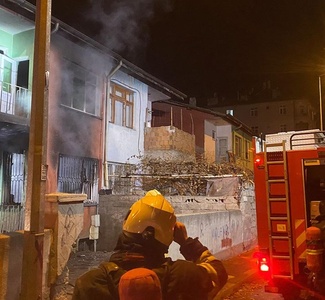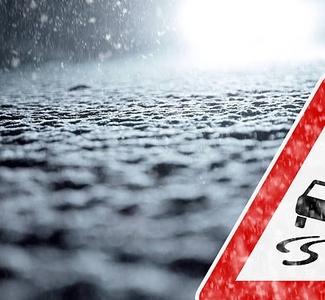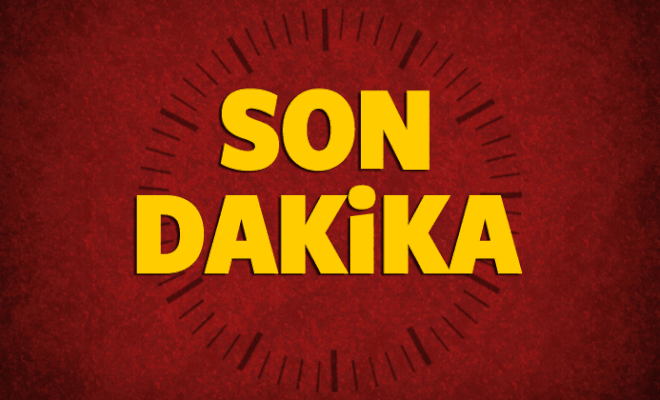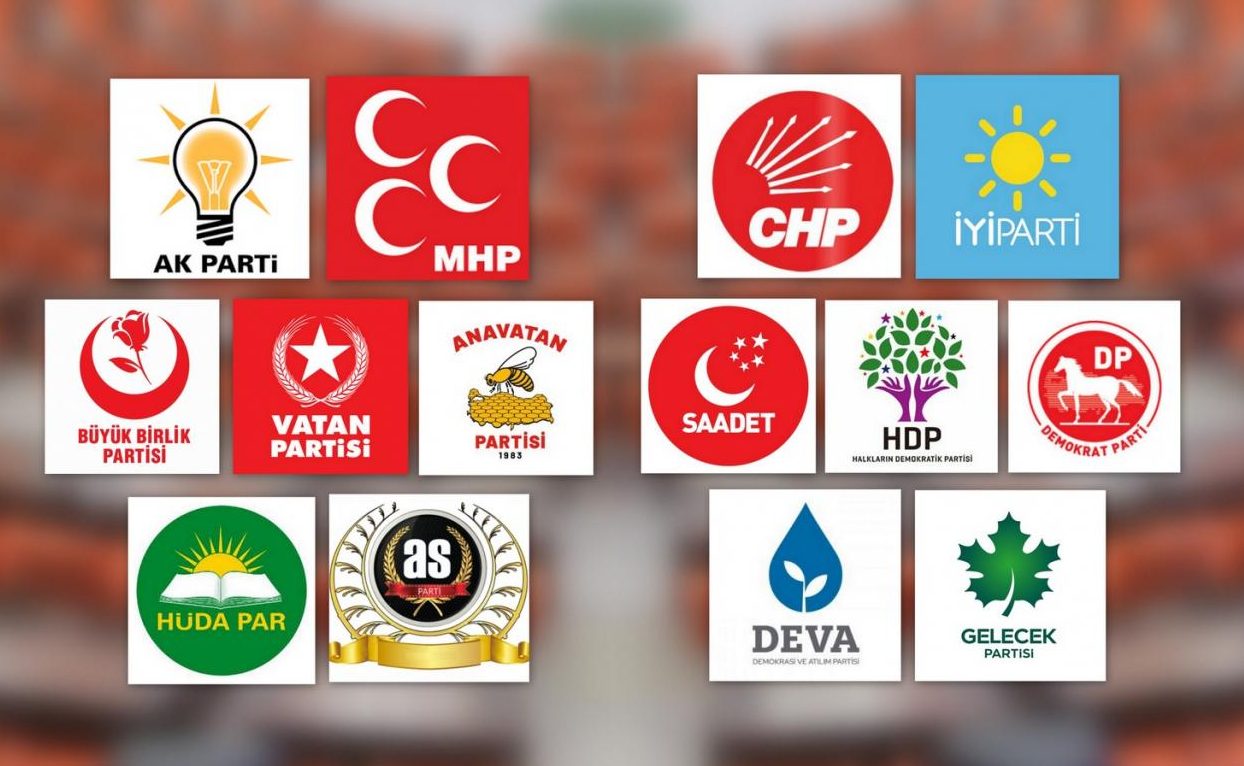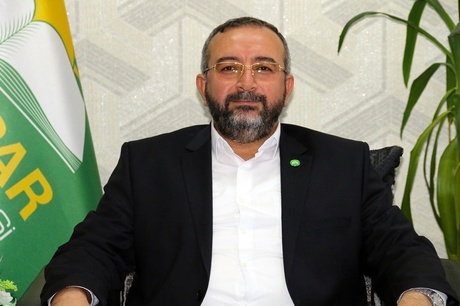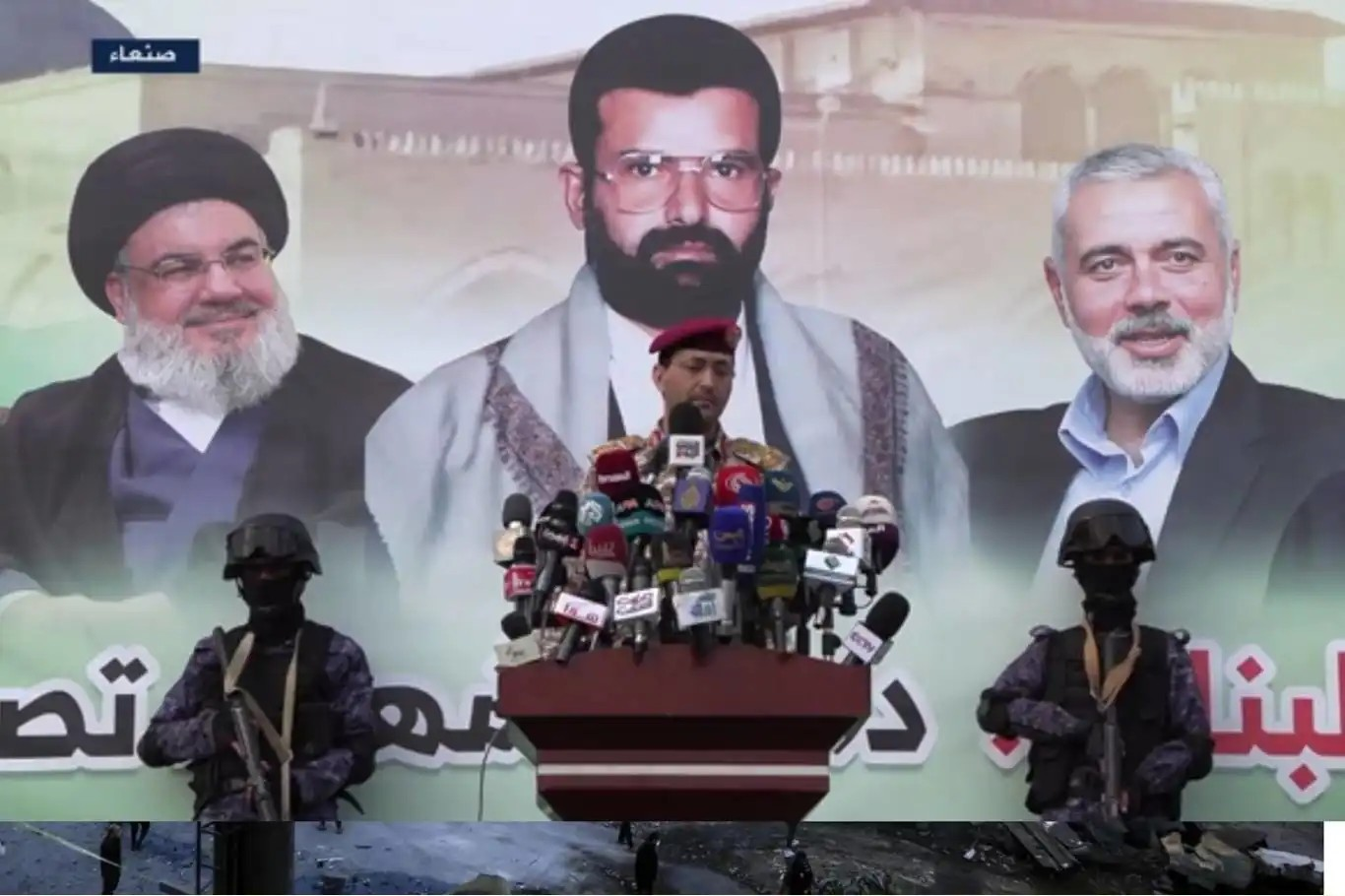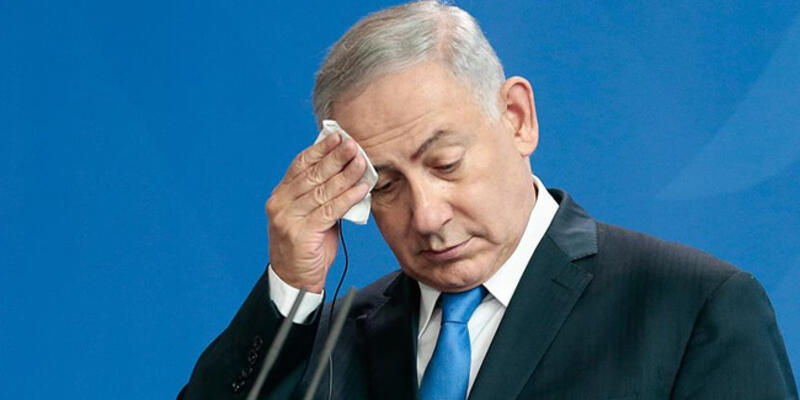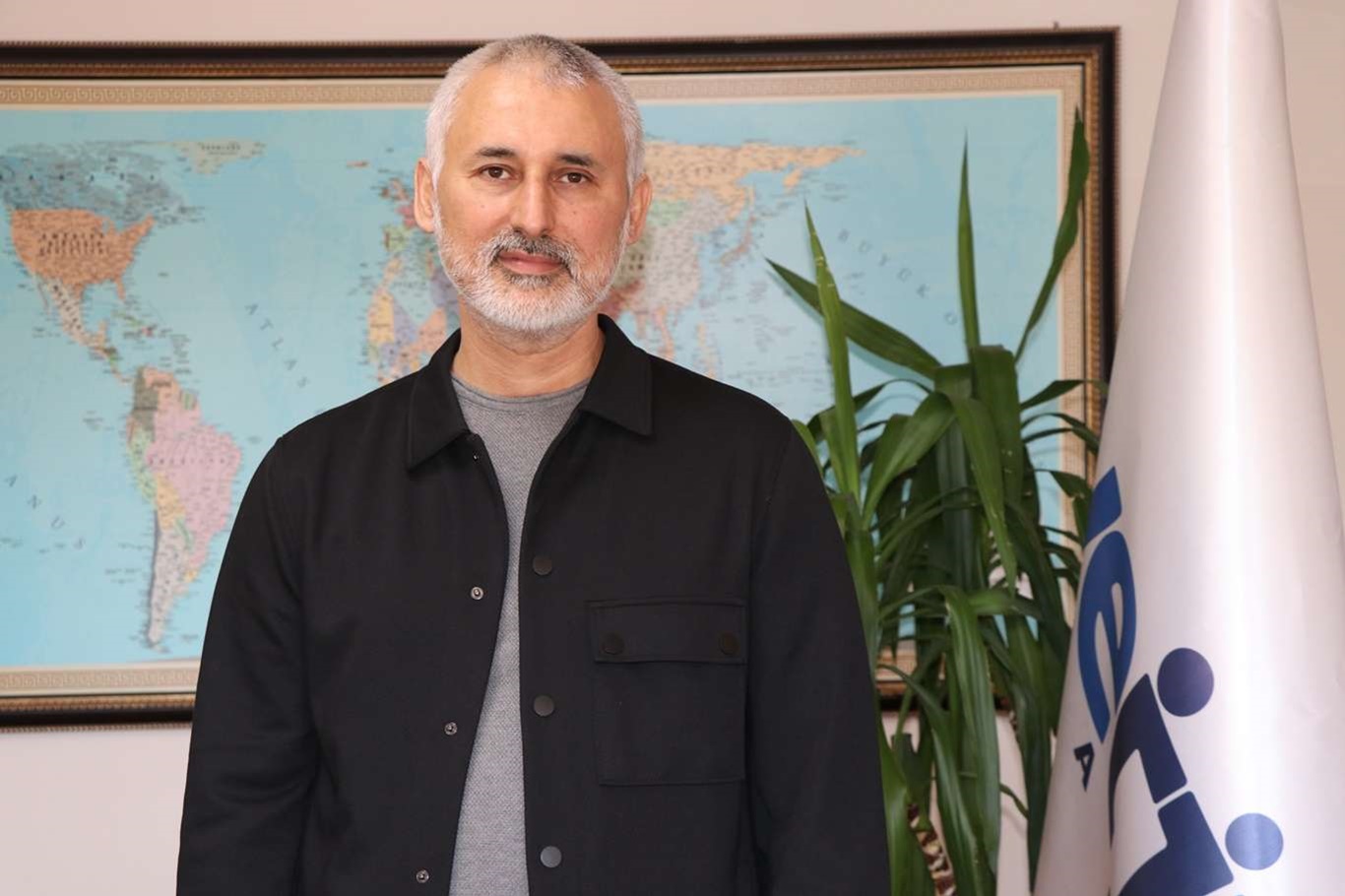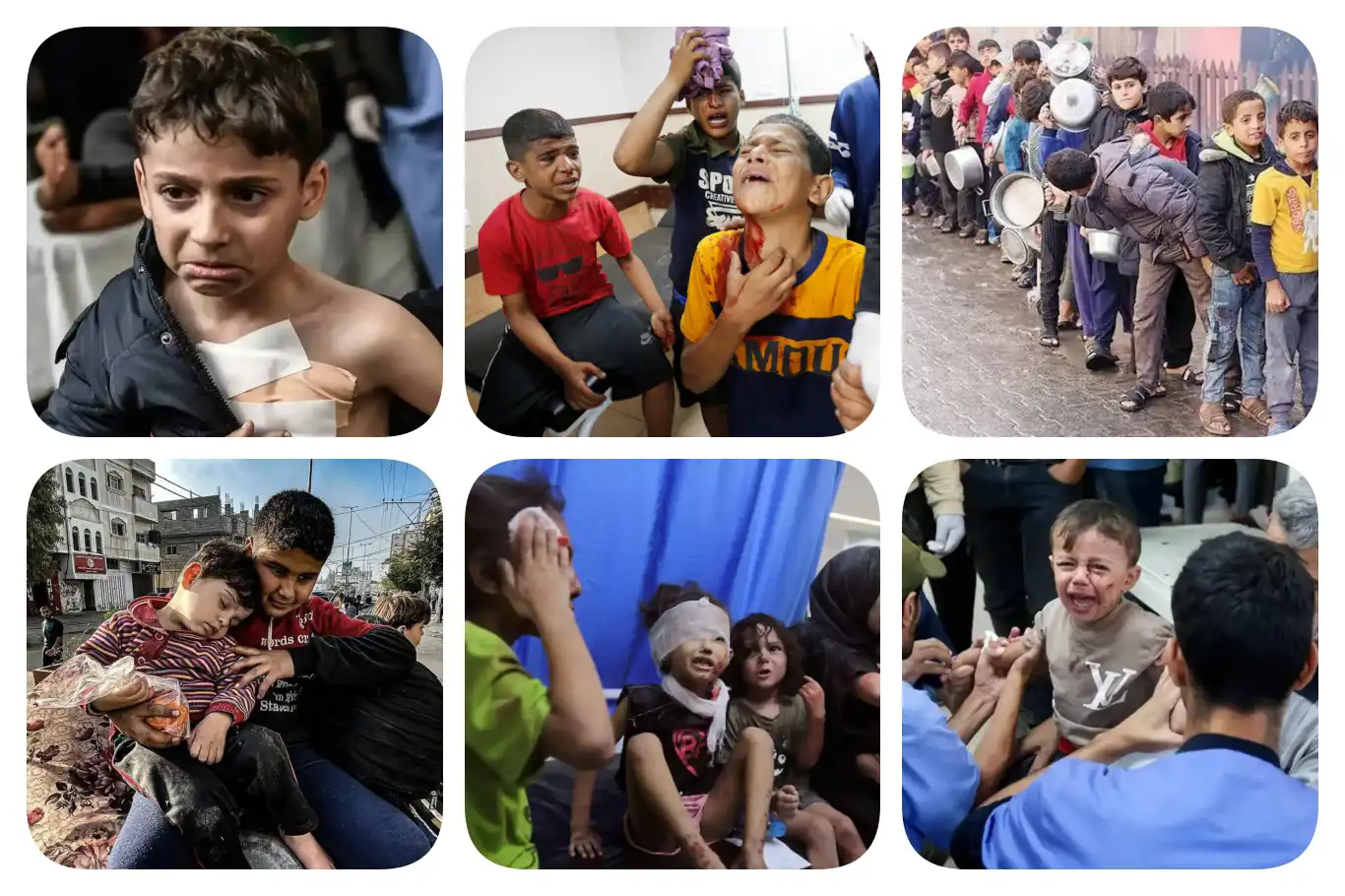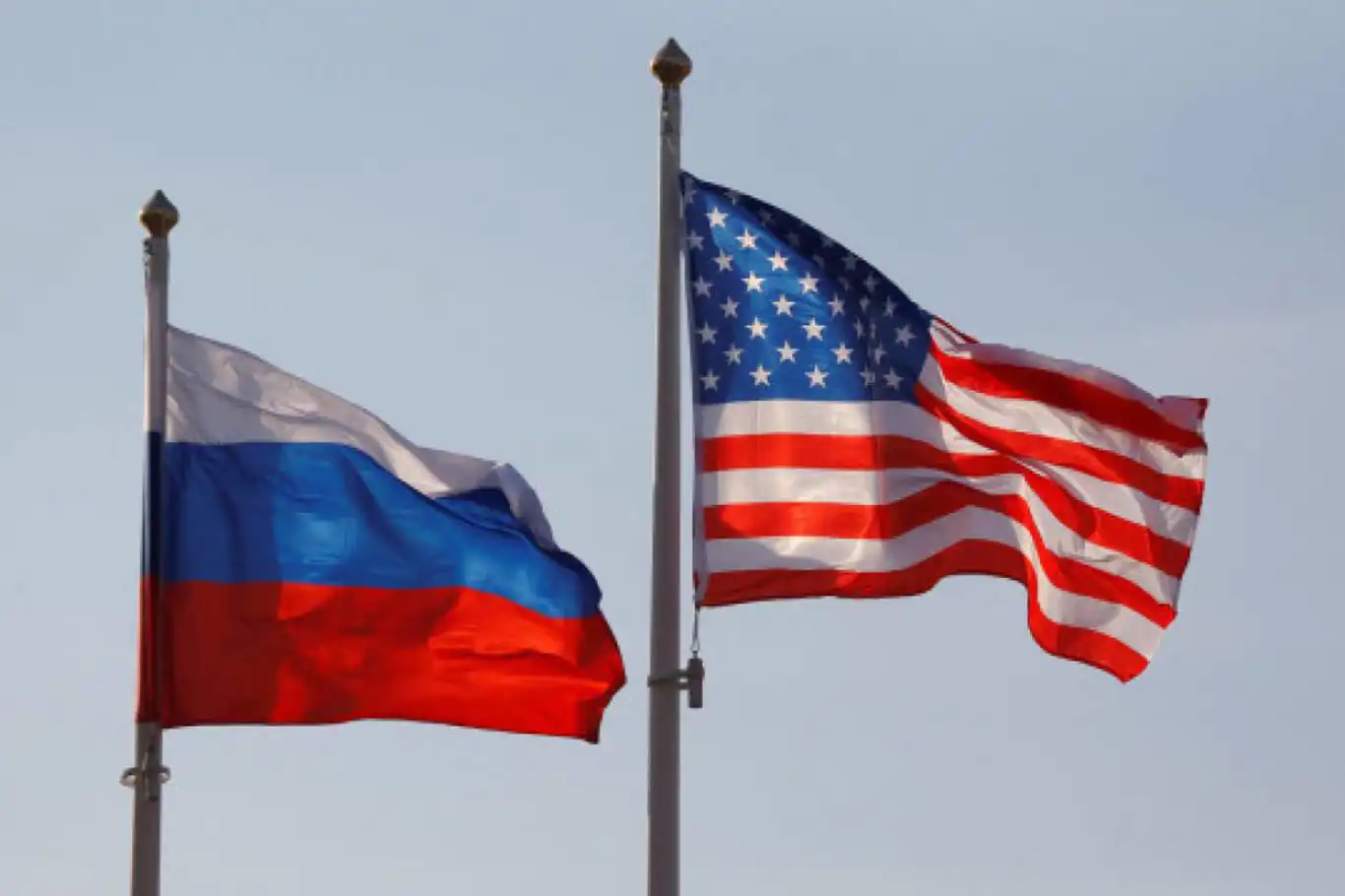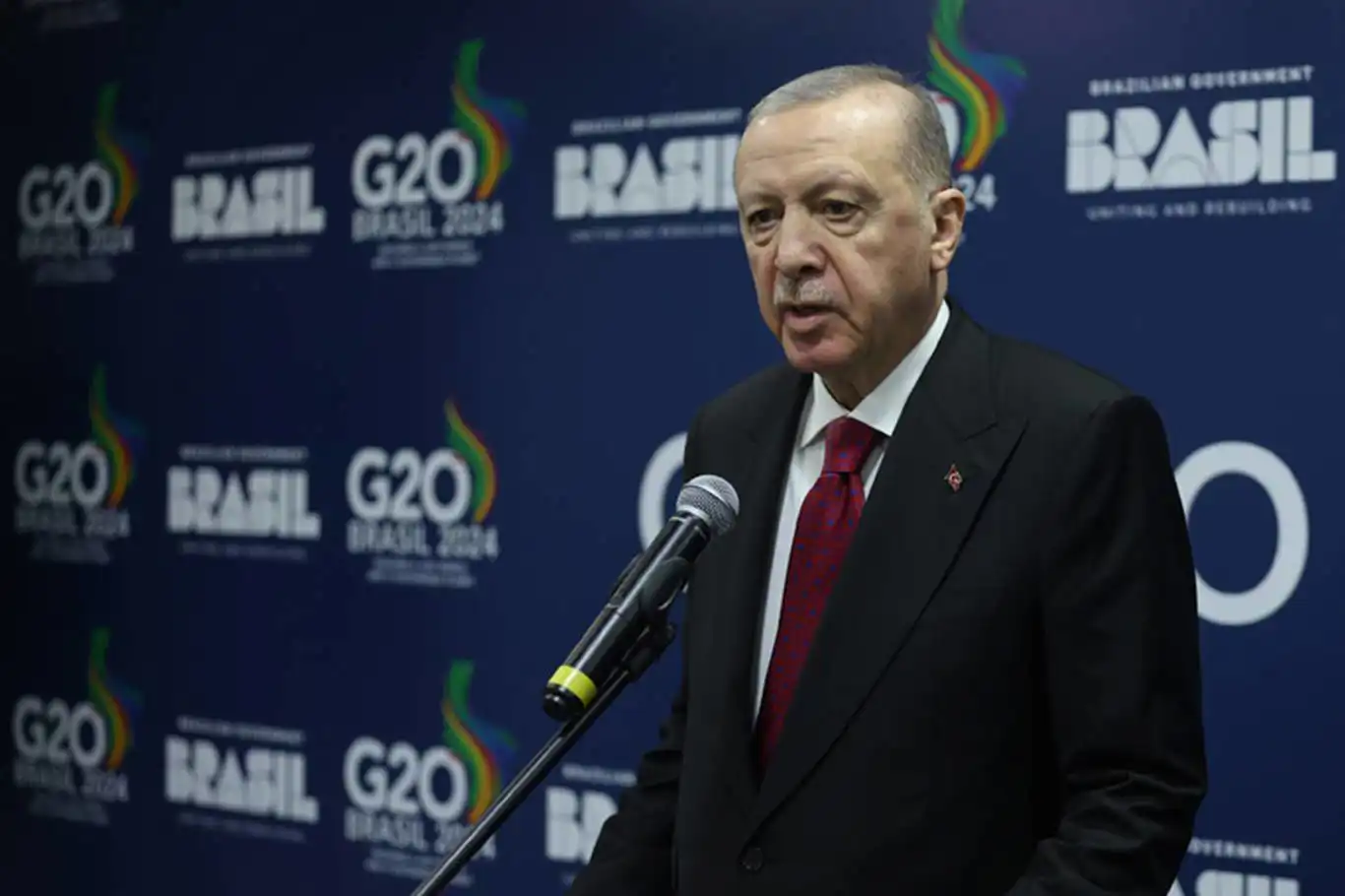Turnout in Iraqi parliamentary elections was 41%: Electoral commission
Nationwide turnout at Iraq’s sixth elections since the toppling of Saddam Hussein in 2003 was 41%, the electoral commission said.
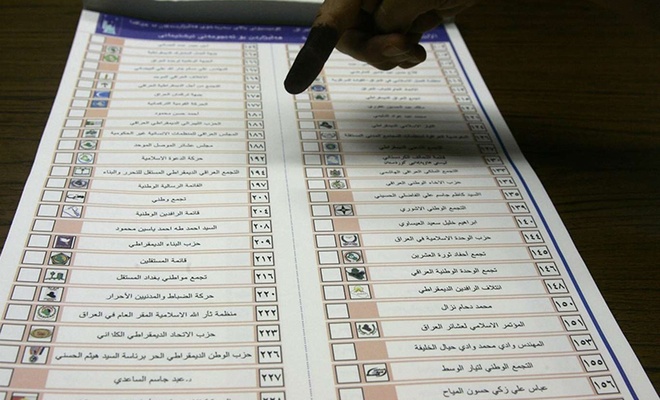
 Google News'te Doğruhaber'e abone olun.
Google News'te Doğruhaber'e abone olun. Turnout has averaged just over 65% in recent elections, according to the International Foundation for Electoral Systems.
Results are expected within the next 48 hours, the independent body that oversees Iraq’s election said.
The elections will decide the 329 members of the Council of Representatives who will, in turn, elect the Iraqi President and confirm the Prime Minister.
Some Iraqi political movements called for boycotting ahead of Sunday’s parliamentary elections.
Muqtada al-Sadr announced the Sadrist Movement intended to boycott the October 10th election, citing corruption and voter fraud and claiming that free and fair elections were impossible in the wake of the ongoing political crisis.
On 24 July, the Iraqi Communist Party (which ran with the Sadrist Movement as the Alliance Towards Reforms in 2018), announced they were boycotting the elections, stating "In the absence of conditions for free and fair elections, participation in them would only mean collusion in reproducing the same corrupt political system that is responsible for the catastrophic state of affairs in the country."
Louis Raphaël I Sako, Patriarch of the Chaldean Catholic Church, also called on Christians to boycott the election.
The boycotts have been condemned by the United Nations Assistance Mission for Iraq, as well as by other Iraqi political parties and leaders, including former Prime Minister Nouri al-Maliki, leader of the State of Law Coalition, and the Kurdistan Democratic Party.
On 27 August, al-Sadr reversed his decision to boycott and announced his party would take part in the election.
On Saturday, Kurdistan Socialist Democratic Party announced that they would withdraw their candidates from the elections in Dohuk, Erbil, and Sulaymaniyah governorates (10 constituencies) and declared their support for the Kurdistan Democratic Party. (ILKHA)





























